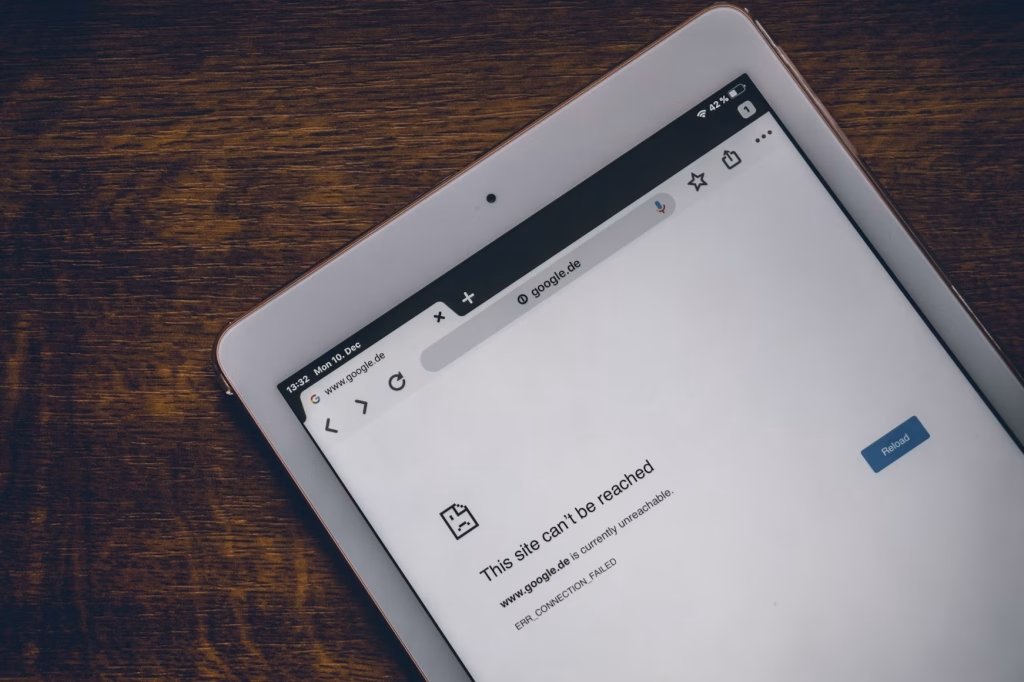
Picture waking up on a Wednesday to find… nothing online. No social media feeds to scroll, no emails to check, no streaming services for your child’s cartoons or easy grocery orders.
Would it feel liberating or chaotic? As concerns about screen time grow, many families wish for an occasional digital detox to recenter.
But the idea of an internet-free day each week isn’t just personal—it raises huge questions about modern economies, essential services, and how we communicate.
Below, we’ll examine what one forced day offline might actually mean, both for families looking to unplug and for society at large.
1. It Sounds Peaceful—But the World Relies on 24/7 Connectivity
In theory, an internet-free day could restore calm. We might see kids rediscover board games and quiet reading, or parents swapping social media time for face-to-face chats.
Yet globally, the internet fuels our workplaces, supply chains, and emergency services. A single global day of internet shutdown could cost the world a staggering $43 billion in lost productivity and commerce, according to Allconnect’s research. In countries like the U.S. and China, which heavily depend on online infrastructure, even a partial shutdown threatens economic stability, impacting everything from banking to deliveries.
The notion of “digital rest” is appealing for family bonding, but can’t be mandated without risking jobs, trade, and essential communication. Instead of a government-imposed blackout, an optional approach—like a personal or household digital detox—may strike a safer balance between convenience and calm.
2. Key Services Would Take a Serious Hit
It’s not just about missed social media updates or Netflix shows. Services like 911 calls, hospital data systems, and public transit rely on constant connectivity.
One real-world example occurred in Arizona, where a severed fiber optic cable left entire regions without cell service or debit/credit capabilities for hours. That turned daily tasks into logistical nightmares—people couldn’t buy gas or groceries with cards, and some emergency calls didn’t go through.
Imagine this scenario multiplied across a weekly shutdown. You might plan a family park day offline, but if your car broke down or your child spiked a fever, you’d want quick digital access to solutions.
Even if we gave emergency lines exceptions, the routine infrastructure of everyday life (like traffic signals, GPS, or hospital databases) wouldn’t easily adapt to scheduled downtime.
3. Human Rights and Policy Implications
Globally, restricting internet access is often viewed as a human rights concern. The Internet Society points out that internet shutdowns—even brief ones—can stifle freedom of expression and limit vital information flow. In democratic societies, a repeated weekly shutdown would likely face heavy backlash, as it disrupts personal liberties and public services.
Meanwhile, authoritarian regimes sometimes intentionally cut internet access to control narratives, like in times of political tension.
That’s not exactly the model you want if you’re aiming for a wholesome family day. Unplugging by choice can be restorative. Enforcing it from the top down can easily veer into censorship or oppression, creating more anxiety than peace.

4. Could We Survive Offline Elections or Public Crises?
Think about an election cycle—a time when real-time information is crucial. From candidate news to polling station updates, many aspects of electoral processes rely on the web.
Organizations like Access Now have documented how internet shutdowns affect democratic participation, limiting public discourse and transparency. If an internet ban coincided with crucial voting days, it could hamper the democratic process.
Even outside elections, families regularly check weather alerts, school closure notices, or health guidelines via official websites or apps. A daylong internet freeze might disrupt these vital messages. It’s not just a mild inconvenience; it’s blocking key info that helps parents make safe decisions.
5. Embracing a Personal Digital Detox Instead
So where does that leave us? Rather than a mandated, nation- or worldwide shutdown, families might find more success in creating their own offline day or evening.
Turning off Wi-Fi and silencing notifications one day a week can provide many of the same benefits—like better face-to-face interaction, creativity, and mental clarity—without jeopardizing businesses or public safety.
With the internet off in just your household, you can still enjoy mealtimes without phones, encourage kids to explore offline hobbies, and allow your family to see that life is bigger than a scrollable screen. You retain control if an emergency arises (you can always switch data back on), and your child also learns self-regulation by seeing you voluntarily set boundaries around technology use.
The Middle Path: Balancing Tech and Family Time
One day a week without internet might bring quiet, but at a national scale, it risks major chaos. Instead of seeking a blanket ban, families can champion smaller, sustainable changes—like scheduling device-free hours or tech-free zones at home. That way, you cultivate a healthy relationship with technology without pushing essential systems and freedoms into the crosshairs.
Have you tried a personal digital detox as a family? Share your insights below about how it worked (or didn’t!). By choosing mindful disconnection—rather than forcing it—we create an environment where kids can thrive online and off.
Read More:
- Fears About Screen Time – And Why They Aren’t True
- Learning Through Games: 5 Best Educational Gift Ideas for Kids

Samantha Warren is a holistic marketing strategist with 8+ years of experience partnering with startups, Fortune 500 companies, and everything in between. With an entrepreneurial mindset, she excels at shaping brand narratives through data-driven, creative content. When she’s not working, Samantha loves to travel and draws inspiration from her trips to Thailand, Spain, Costa Rica, and beyond.